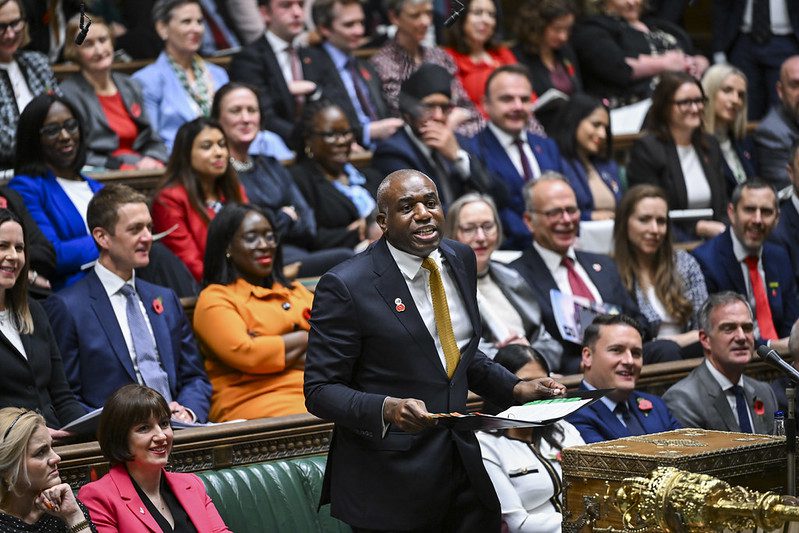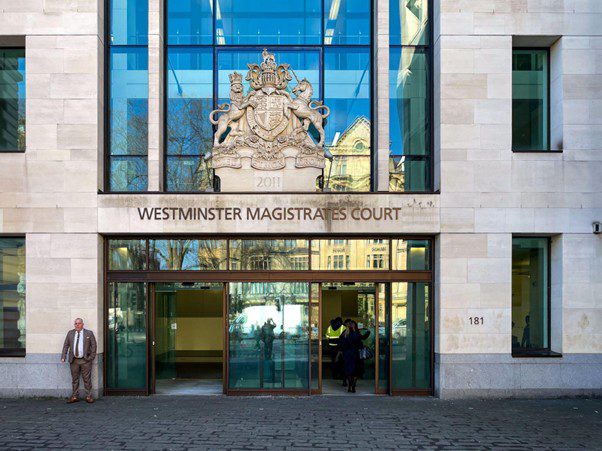Government ministers will vote on legislation removing the right to trial by jury in a move which promises to speed up the justice process and shrink the court backlog.
Speaking to The Guardian, Courts minister Sarah Sackman said the new legislation would stop criminals from “gaming the system” by opting for jury trials which can take years to reach the trial stage.
Why the court changes now?
Nearly 80,000 cases are currently awaiting trial, with the new proposals including the creation of a judge-only division in the crown court. Sackman is set to announce that a large number of cases will be heard by judges and magistrates instead of juries.
Such cases include complex fraud and petty theft. Sackman said: “For me, the priority is swift justice, fair justice, over prioritising a defendant’s right to choose where that trial is heard.”
Under current law, defendants charged with either-way offences can choose to either be tried by a jury in the crown court, or to keep their case in the magistrates court.
This comprises 40 per cent of cases, with the percentage of defendants choosing jury trials more than doubling between 2014 and 2022.
It can take years for jury trials to get through the courts, meaning cases can collapse in this time.
Sackman told The Guardian that defendants electing a jury trial: “Are coming into court and laughing in the face of the justices, knowing they can go back out on the streets and commit further offences”.
Public backlash
Her plans for overhauling the system have proved controversial among legal professionals, with 90 per cent of the Criminal Bar Association opposing the changes. They warn that removing trial by jury would undermine a core principle of the British justice system, and could potentially lead to a loss in public trust.
Criminal justice charities and racial equality groups have also suggested that reducing the number of jury trials could lead to more miscarriages of justice, expressing concerns that the judiciary is unrepresentative of the public, unlike juries. Currently, ethnic minorities comprise just 12 per cent of judges in England and Wales.
In response to these concerns, Sackman emphasised the current Deputy Prime Minister and Justice Secretary David Lammy’s commitment to tackling racial disparities in the court system. She cited his chairing of the 2017 Lammy Review, which examined the treatment of, and outcomes for, Black, Asian and Minority Ethnic individuals in the Criminal Justice System.

The Leveson Report
The proposed changes have come after senior judge Sir Brian Leveson published part one of his Independent Review of the Criminal Courts this summer. He urged extreme action to reduce the court backlog, which is currently set to reach 100,000 by 2028 if no changes are made.
Other recommendations from the report, which the government is expected to legislate on in the new year, include giving crown court defendants the right to choose to be tried by a judge alone, and reclassifying some either-way offences so they can only be tried in a magistrates court.
Leveson appeared before the government’s Justice Committee on Tuesday 11th November to give oral evidence on the report.
The Committee have since posed further questions to Leveson in a letter sent by the Committee’s chair, MP Andy Slaughter, on Thursday 20th November.
Among these are queries about the basis for some of the report’s claims, such as its assertion that removing juries would provide a 20 per cent time saving in hearings.
The Committee are also seeking further clarification about whether juries are unable to understand serious fraud cases, and concerns about juryless trials exacerbating racial bias due to disparities in sentencing outcomes from judges, particularly for Black defendants.
Part two of the report, which has been delayed from its initial publication date of this autumn, will focus on the efficiency of the criminal justice system.
Featured image via Mike Peel / Wikimedia Commons.




